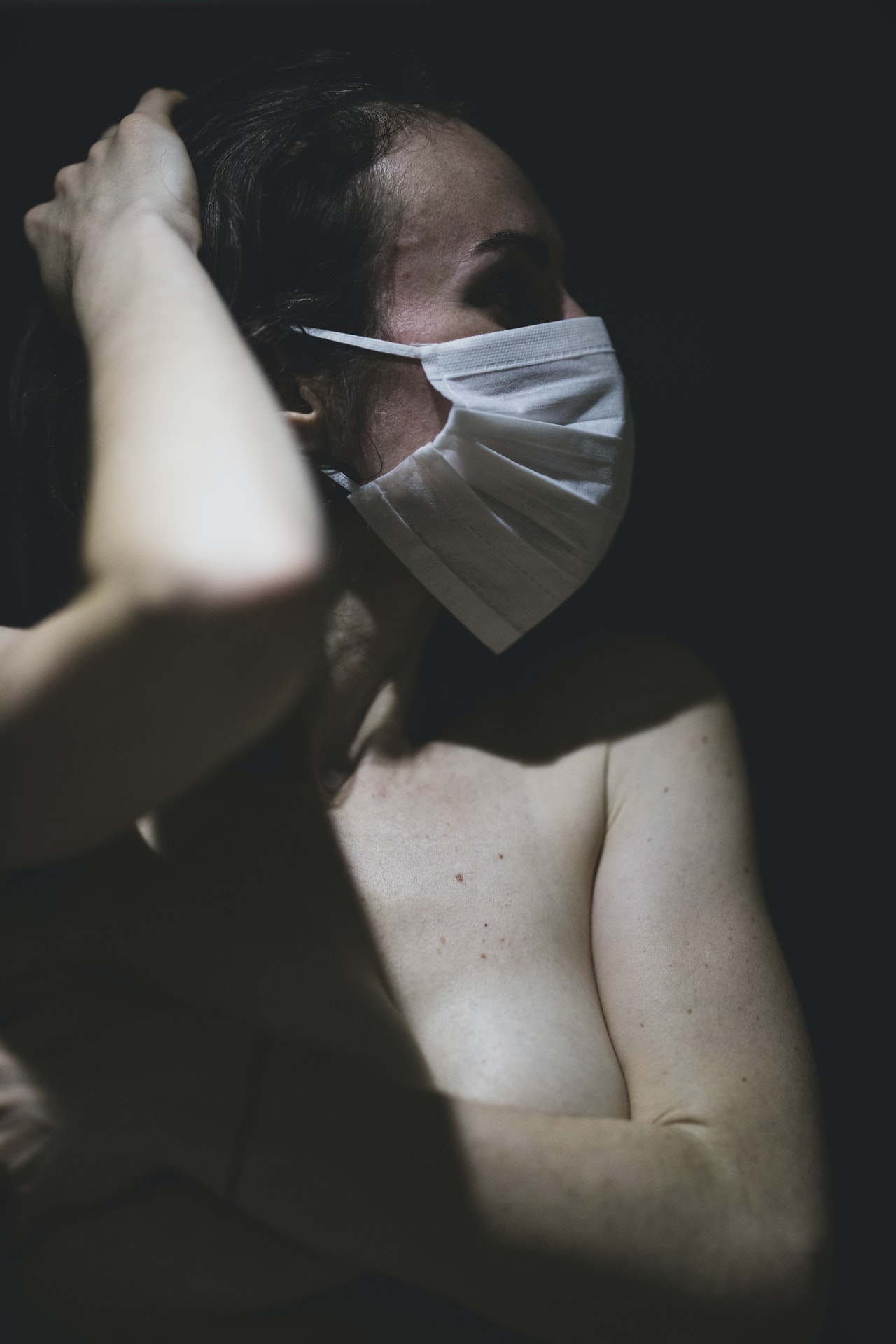How much does breast cancer treatment cost?
Patient factors such as age and presence of gene mutation can contribute to difference in cost within subtypes
New research from Vlerick Business School shows the cost of treating breast cancer varies depending on the type of breast cancer, but also the patient’s characteristics such as age and genetics. The study also identified a specific cost range for treatment of four different subtypes of breast cancer.
A study by doctoral researcher Erin Roman, Professor Brecht Cardoen, Professor Fillip Roodhooft from Vlerick as well Dr. Jan Decloedt from AZ Sint-Blasius Dendermonde, analysed the difference in treatment costs for different subtypes of breast cancer – luminal A, luminal B, triple negative, and HER2-enriched – to better understand what impacts cost using time-driven action-based costing (TDABC). TDABC involved developing generic treatment pathways for each subtype including triple diagnosis, neoadjuvant therapy, surgery interventions, and adjuvant therapy.
The generic treatment pathways allowed for the identification of the various activities performed by medical staff, equipment and facilities needed, as well as the time required to perform each activity. Cost for supplying these resources were then divided by the practical capacity resulting in a per minute cost for an activity. These costs were then used to calculate the full treatment costs of 14 patient files from a breast cancer clinic.
The findings show that disease severity and aggressiveness have a significant impact on treatment cost across the different subtypes. Also, patient factors such as age and presence of gene mutation can contribute to difference in cost within subtypes.
Treatment of aggressive subtypes, such as triple negative and HER2-enriched, have costs highly affected by disease characteristics, such as size and grade of tumour. Luminal A, another type heavily influenced by disease characteristics, had the lowest cost as it is considered less aggressive, requiring less treatment.
Luminal B was the most complex subtype as treatment decisions are heavily influenced by both disease and patient characteristics. This largely influences cost for luminal B, unlike the other three types which are mostly impacted by disease characteristics only.
Erin Roman says,
“For luminal A, the treatment cost ranges from $11,208 to $29,780. These costs were impacted by disease-specific characteristics, such as tumour grade, tumour size, and the extent of lymph node involvement. For luminal B, we noticed that patients with identical disease characteristics, such as the same tumour size, had the same overall treatment costs of $16,335. However, the cost increased exponentially when the disease was more aggressive. Patient characteristics also led to cost difference for luminal B; For those aged 40 and below and with gene mutations linked to cancer, such as BRCA2, the overall cost tends to be higher.”
“Triple negative is considered a highly aggressive form of cancer and costs for this subtype are driven by disease characteristics, amounting to $26,923. Finally, HER2-enriched has the highest overall treatment cost due to requiring treatment with Herceptin, a medication used for treating certain cancers. This leads to the lowest treatment cost for this subtype being $42,296.”
This study illustrates that time-driven activity-based costing is a valid and practical method for assessing costs of treatment pathways in breast cancer. It is also flexible towards the subtype, length, and design of treatment pathways.
The rise in global healthcare costs means there is an increased need for understanding cost variability and greater cost transparency. Understanding what impacts costs of a medical disease moves us one step closer to making cost-reductive decisions in a sector which desperately needs it.
These findings were published in the British Medical Journal Open.
/ENDS
For more information, a copy of the research paper, or to speak with the researchers, please contact Kyle Grizzell from BlueSky Education on 07904706136 or kyle@bluesky-pr.com
Support families fighting financial toxicity of cancer – here.
